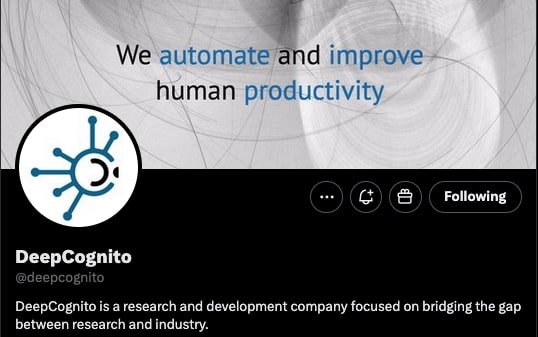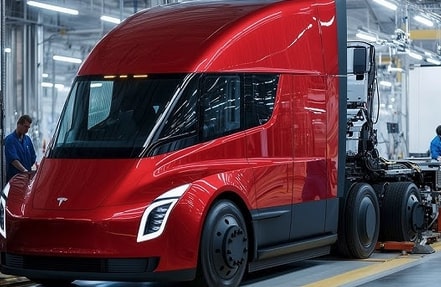Now Reading: Cogito v2: Advancing AI with Faster Inference and Self-Improvement
-
01
Cogito v2: Advancing AI with Faster Inference and Self-Improvement
Cogito v2: Advancing AI with Faster Inference and Self-Improvement

Fast Summary
- Deep Cogito unveiled the Cogito v2 series, featuring a 671B Mixture-of-Experts (MoE) model-a leading open AI system globally.
- The model matches or outperforms other open models like DeepSeek v3 and approaches closed frontier systems such as o3 and Claude 4 Opus.
- Cogito v2 uses Iterated Distillation and amplification (IDA) too improve reasoning skills by internalizing the reasoning process via iterative policy improvement, rather than extending inference-time computations.
- Models achieve 60% shorter reasoning chains compared to predecessors like DeepSeek R1.
- training costs were considerably low-$3.5 million for eight models across various size scales (from 3B to 671B parameters), including human and synthetic data generation, alongside over 1,000 training experiments.
- The series includes four open models: 70B Dense, 109B MoE, 405B Dense, and the flagship 671B MoE versions.
- Focus was on improving “intuition” in both reasoning modes without relying solely on scaling computation at inference time.
- Future plans aim to scale iterative self-improvement techniques for building superintelligence, with all models remaining open-sourced.
Indian Opinion Analysis
The announcement of Cogito v2 reflects meaningful strides in cost-efficient AI research with applications in general intelligence advancements. Notably,its emphasis on methodology over capital-intensive infrastructure offers a possible blueprint for nations like India seeking scalable AI innovations without excessive financial burdens. This could prove notably beneficial given India’s growing interest in harnessing artificial intelligence across diverse sectors such as education,healthcare,and governance.
Moreover, publicly accessible models like these align well with India’s aspirations for democratized AI development where global competitiveness does not compromise affordability or accessibility. Though, while the reduction in reliance on inference-time computation marks progress for efficient design paradigms globally-including potential applications within india’s resource-conscious surroundings-it will be essential to monitor ethical considerations around self-improvement capabilities promised by future iterations.
India’s policymakers might find this development noteworthy for integrating similar strategies into domestic initiatives while promoting collaborative efforts within the broader international community around transparency in superintelligence research.
























